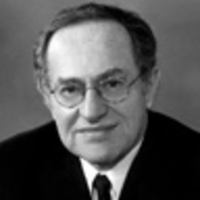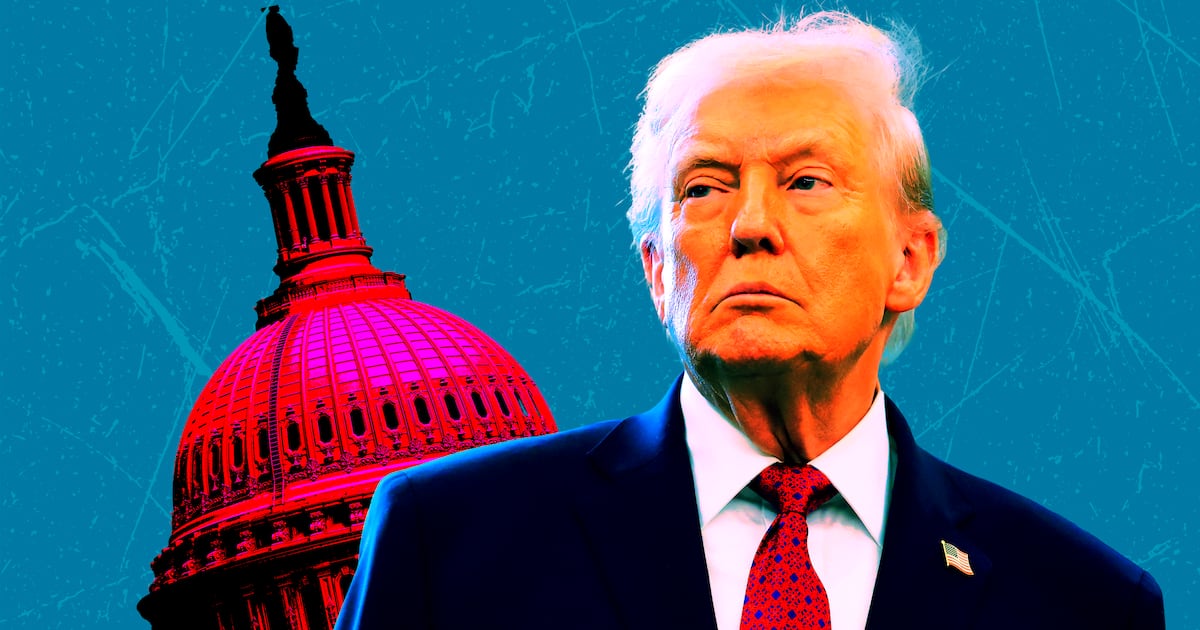Half a century ago, the great American historian Richard Hofstadter wrote about “the paranoid style in American politics.” He discussed the influence of conspiracy theories and extremism in our collective mindset.

Since that time, two phenomena have become apparent. The first is that we may indeed have much to be paranoid about. Or put another way, “even paranoids have real enemies.” Watergate, and the Nixon administration in general, demonstrated even to the least paranoid among us that government officials are fully capable of misusing the IRS against political enemies, breaking into psychiatric records of perceived traitors, burglarizing the political opposition, and all other manner of dirty tricks that cross the line from politics as usual to felonies.
The second phenomenon is that the first phenomenon has caused many Americans to become even more paranoid, to seek conspiracies where none exist, to confuse overzealousness with evil intentions, and to assume malevolence rather than incompetence or laziness. The reality is that over the past 50 years, while we have somewhat less to be paranoid about, the paranoid streak in American politics has broadened considerably.
The most recent revelations regarding the mining of phone and Internet data provide a case in point. The initial revelation was made by a man named Glenn Greenwald, who wrote about them in The Guardian and has been all over the media taking a victory lap. Greenwald is the personification of the paranoid streak in American politics. He is more of an ideologue than a reporter. He has long been an apologist for terrorism—a word he believes serves only as an excuse for violence and oppression by America and its allies. He has pushed false stories that his paper was forced to backpedal on, such as an AP report blaming the incendiary video “The Innocence of Islam” on an Israeli Jew living in California. He is Chomsky-like in his willingness to blame most of the world’s ills on the United States, Israel, the Obama administration, and liberals who do not buy into his radical worldview. He viciously opposed Elena Kagan’s nomination to the Supreme Court. Greenwald would not understand the word “nuance” if he tripped over it, which he often does.
Now he is pushing the view that the Obama administration’s surveillance program is not really designed to prevent terrorism but rather to gather information for less salutary purposes. Greenwald’s hard-left conspiracy theories are attractive to far-right talk-show hosts and bloggers who share a common suspicion of liberal government. This suspicion has been nurtured by the recent IRS scandal and the Justice Department’s overzealous pursuit of journalists. The result has been a debate dominated by the extremes, with little patience for nuance, calibration, or balancing. The reality may be less exciting (and less suited for talk-show dialogue) than the paranoid narrative, but the boring reality is what must be addressed if necessary reform is to be implemented.
And reform of the current excesses of surveillance is indeed necessary. There is too much secrecy, too little accountability, too much classification, not enough information, too much speculation. This all feeds into the paranoid streak, because we don’t know what we don’t know. For those who trust the government, these informational lacunas are an excuse for inaction. For those who do not trust the government, it is an excuse for ranting and raving instead of legislating compromised reform.
It is important not to lump all forms of intrusion together, but rather to consider them category by category.
There is an enormous difference between listening to the content of people’s phone calls and creating a database of telephone numbers used to make and receive calls and their duration. Creating the metadatabase is a fairly debatable issue and should be the subject of hearings at which nonclassified information can be discussed. I, for one, would like to hear the arguments for and against such a database before deciding whether on balance the benefits of the intrusion outweigh their obvious costs. For decades, the Supreme Court has permitted what are called mail watches, under which postal authorities have the power to maintain data based on the outsides of envelopes—the address to and from which the letter is sent. We no longer send letters. Now we use quicker and more efficient forms of communication. As technology changes, so must the law.
I also want to hear both sides of the debate concerning the far more serious intrusions into emails and other forms of modern electronic communication. Although the Obama administration assures us that these more intrusive techniques are not used against Americans, there is every reason to believe that at least some Americans are caught up in the electronic net, whether deliberately or inadvertently.
So let the debate begin, but don’t let it be dominated by the extremes or fueled by paranoia. We need reform, not revolution—improvement, not impeachment.






